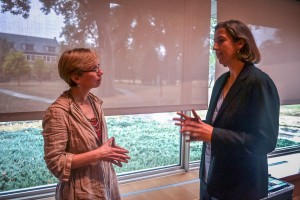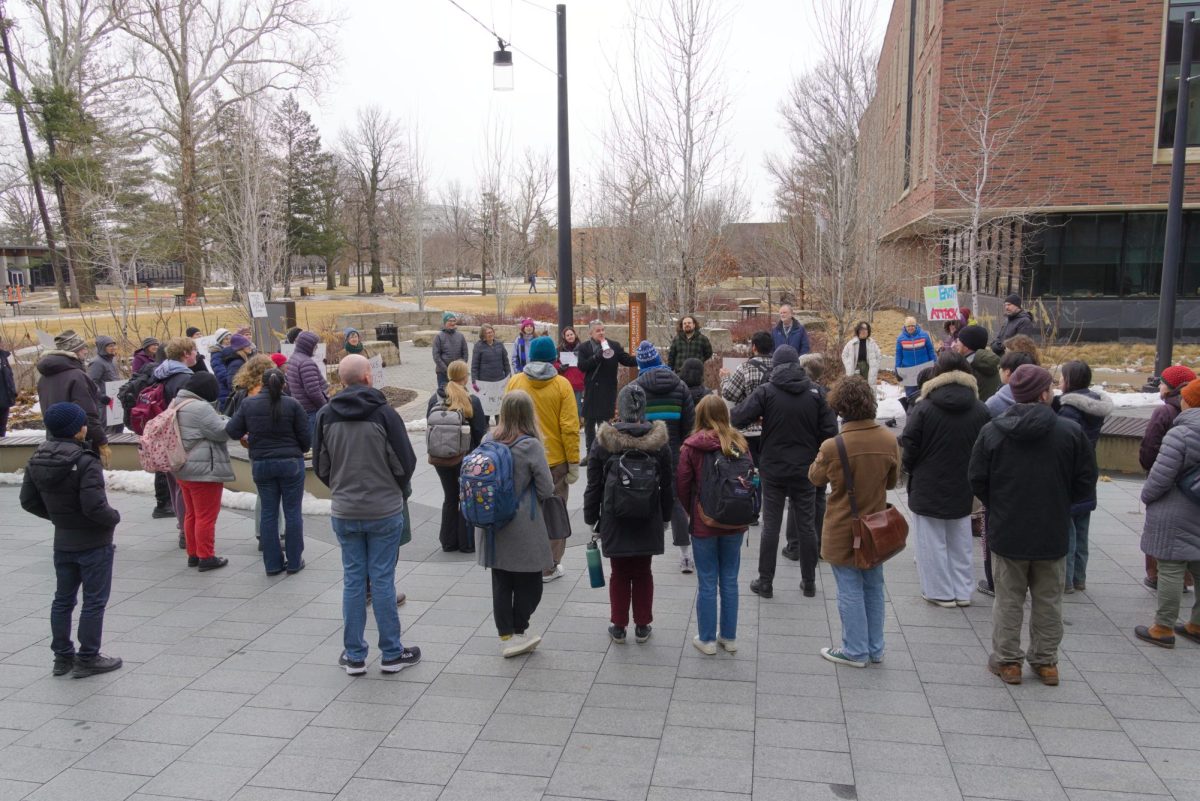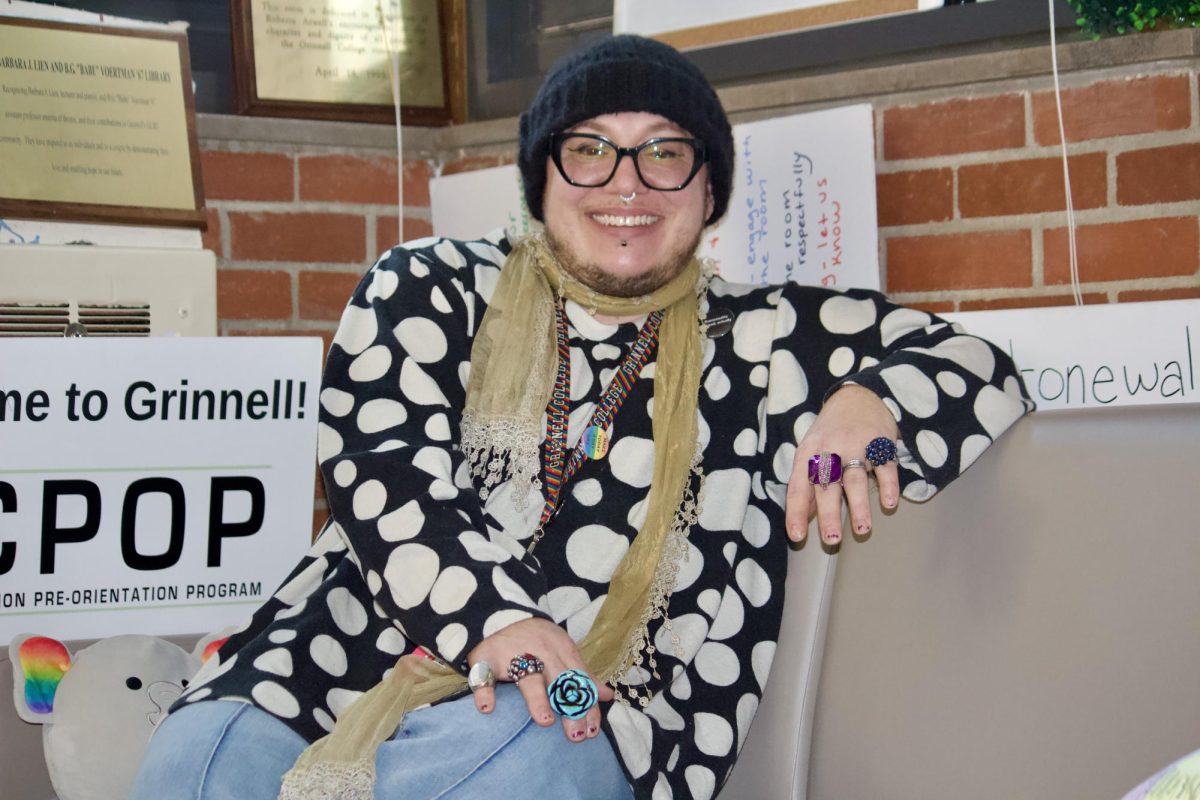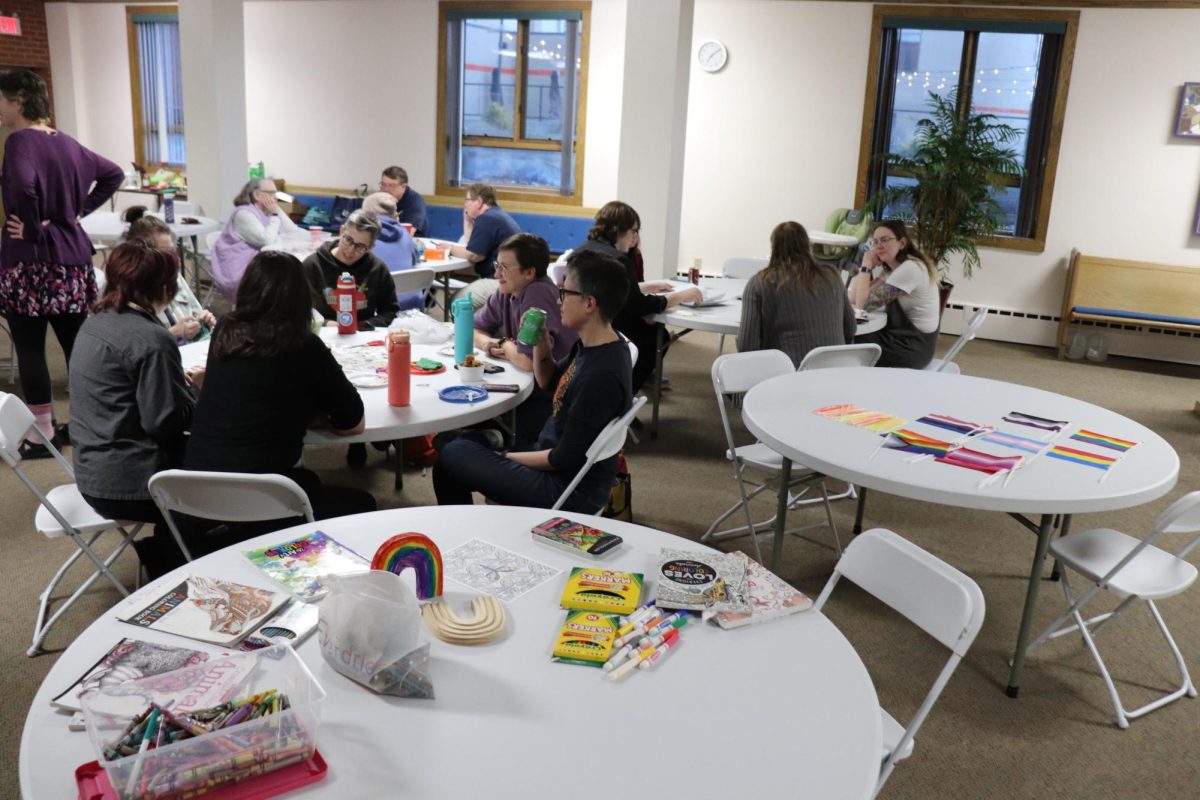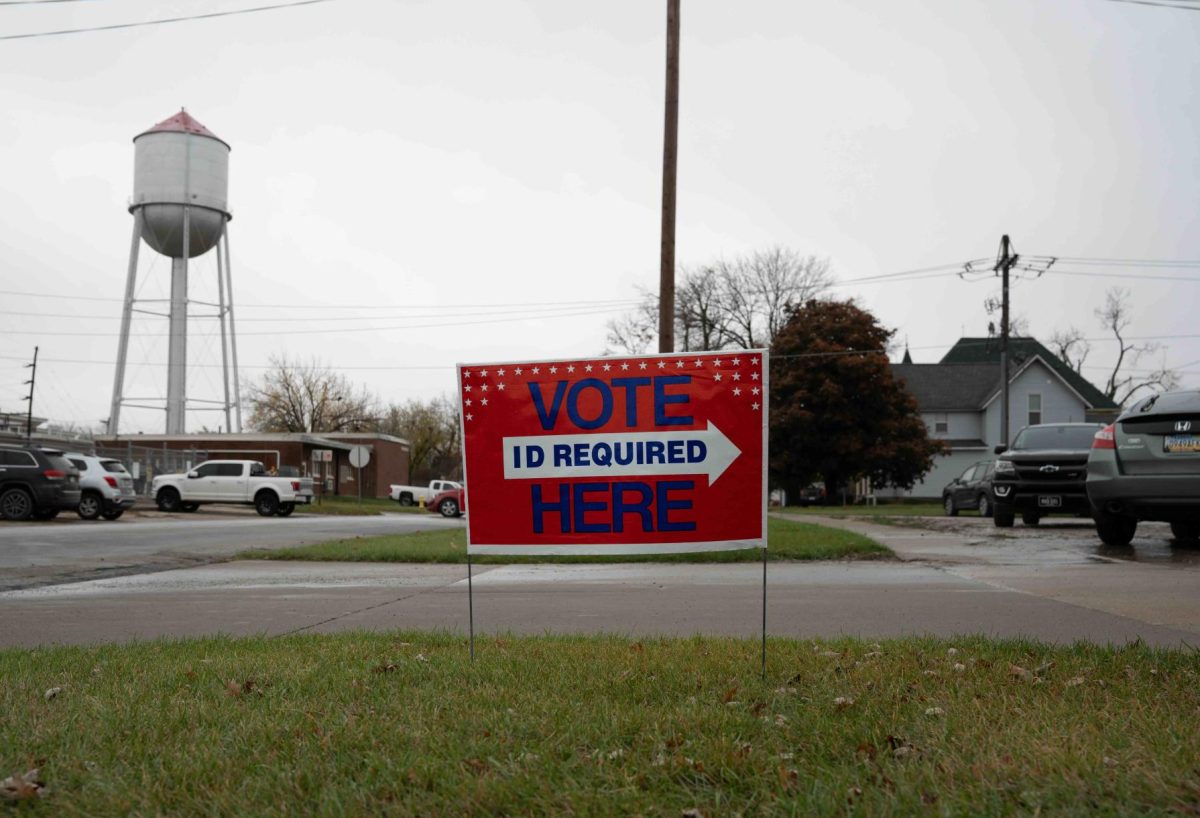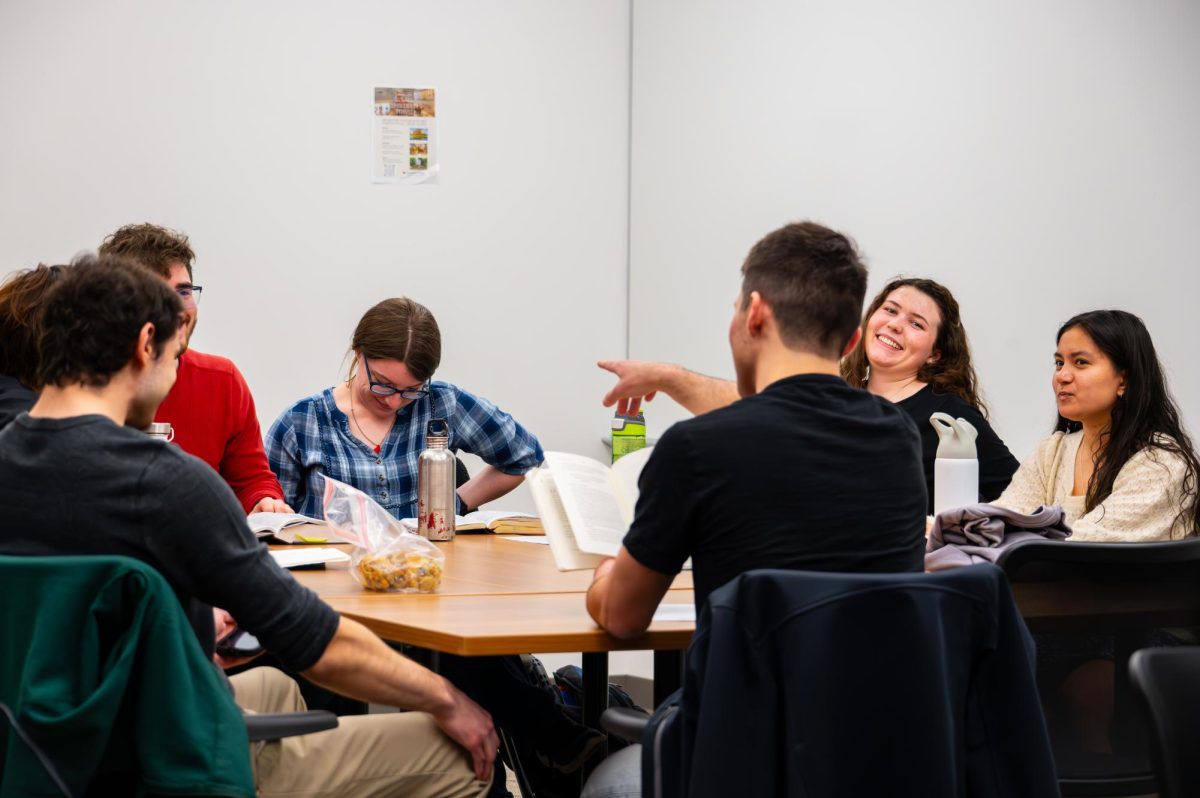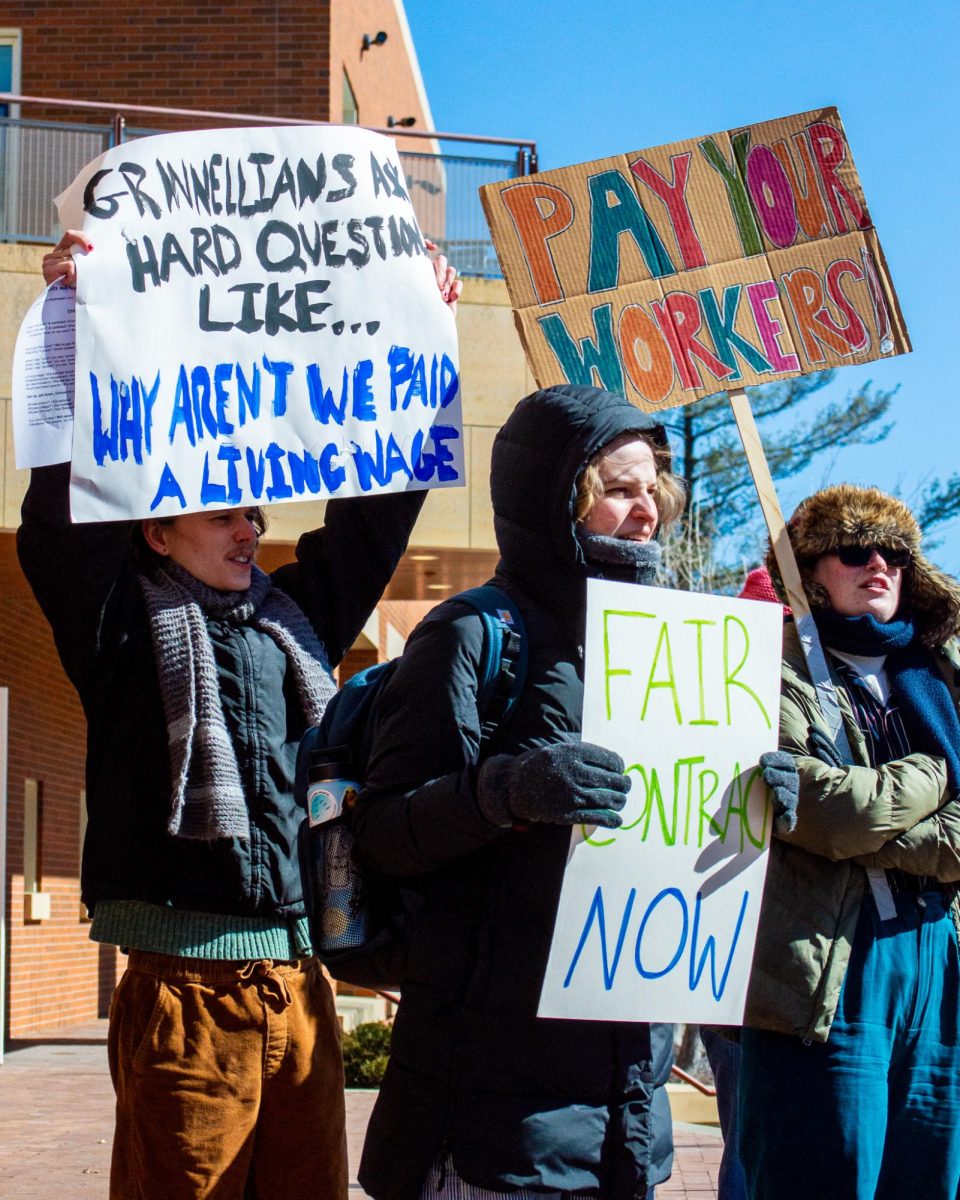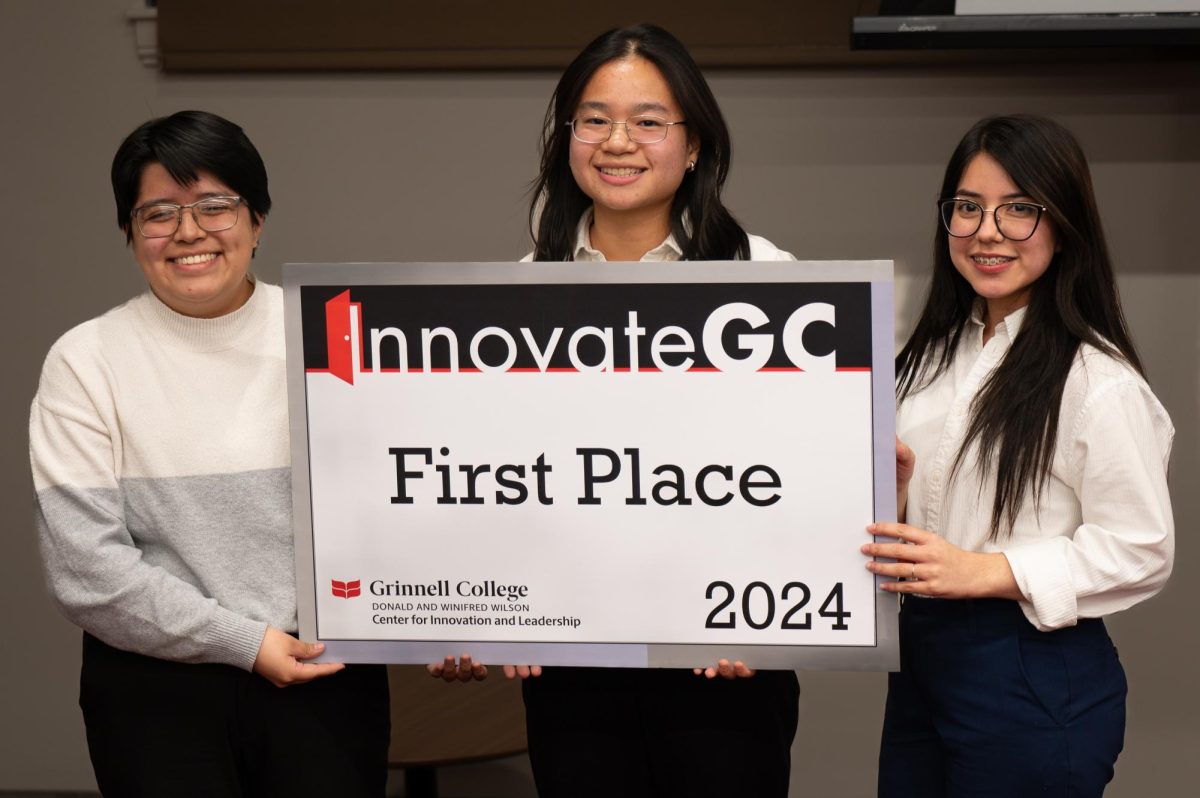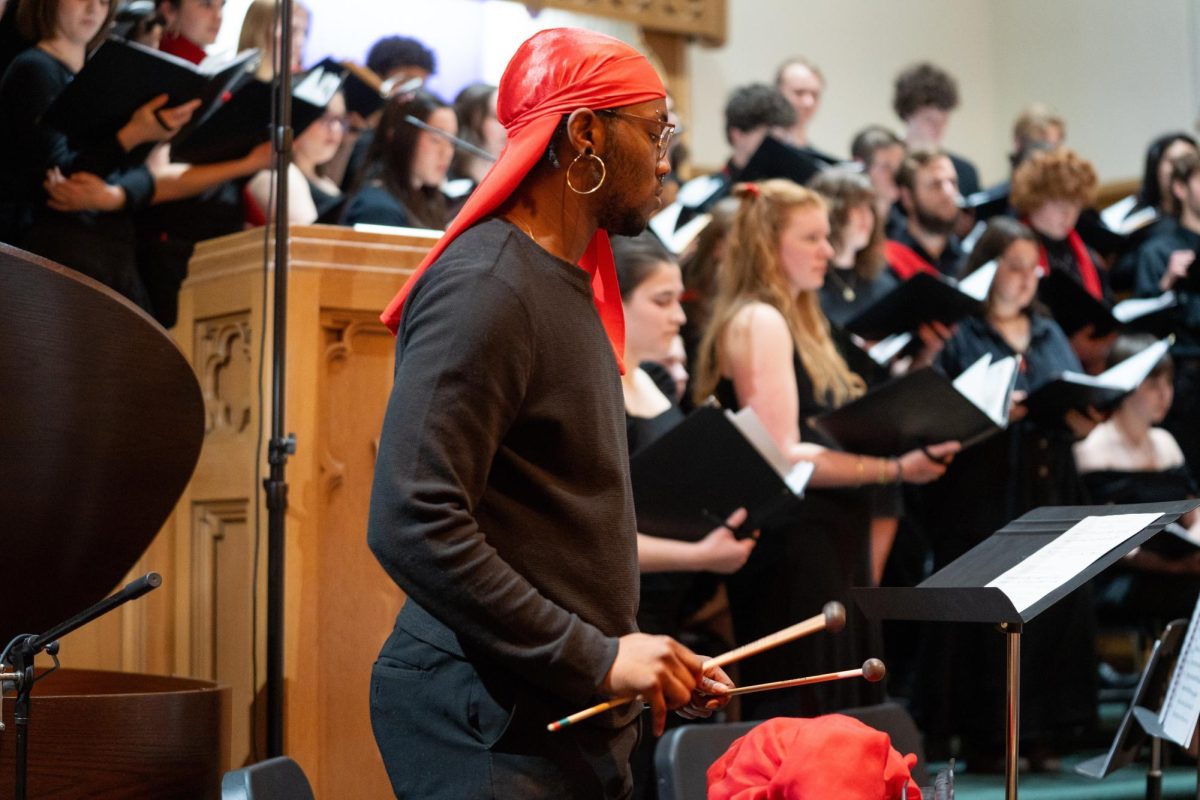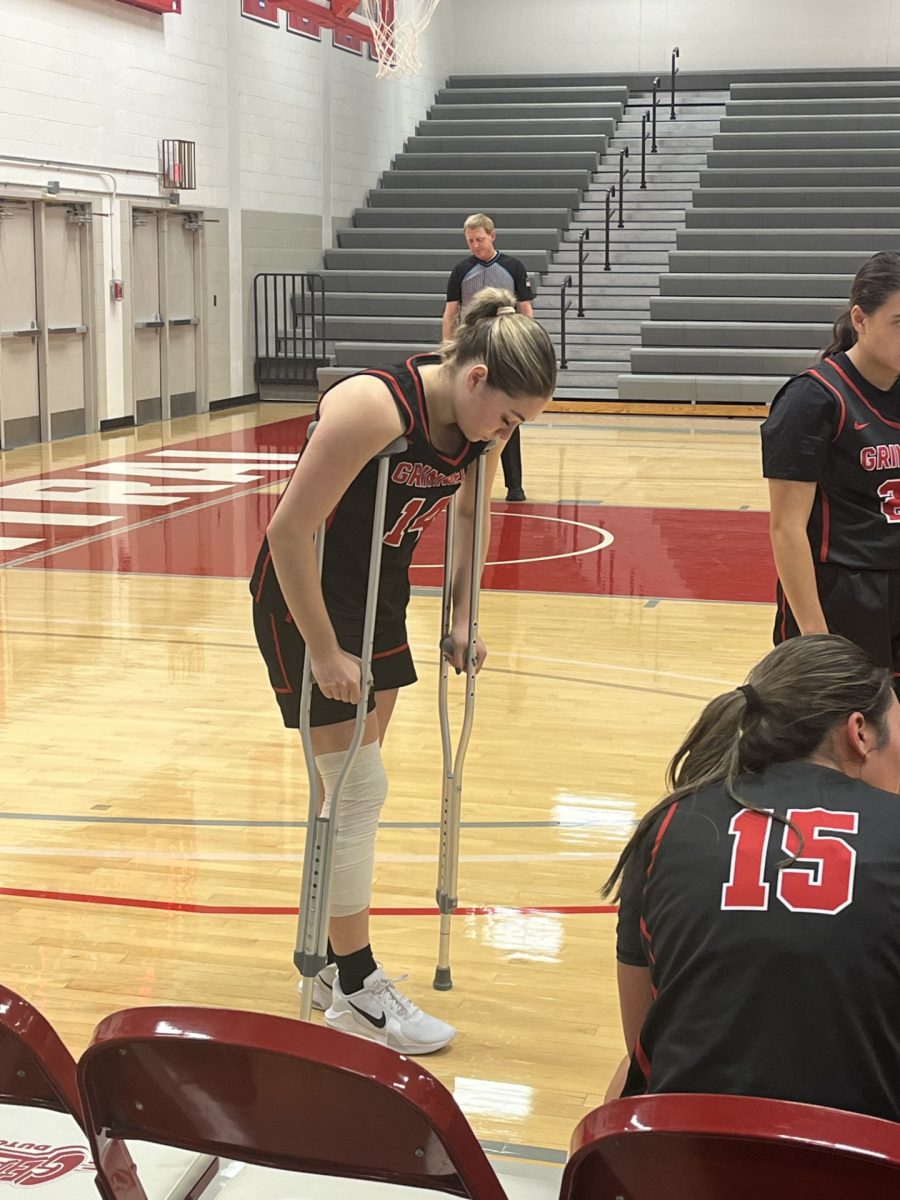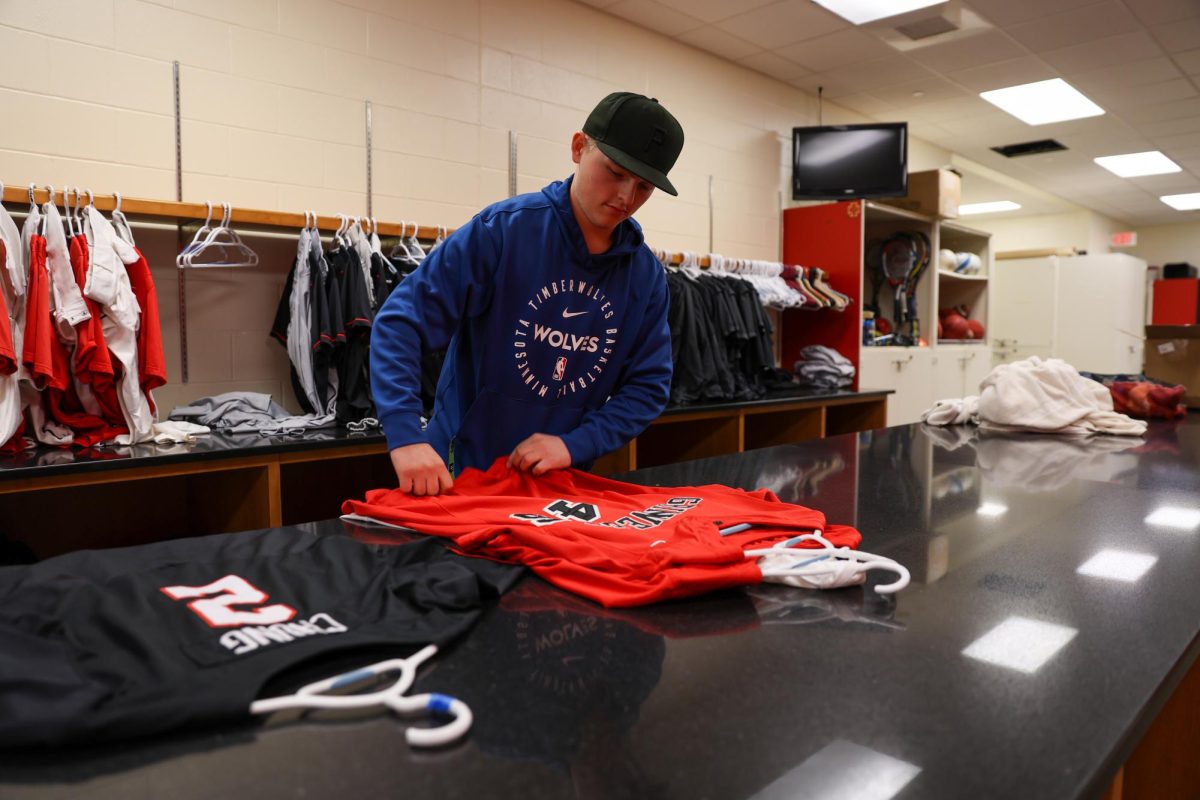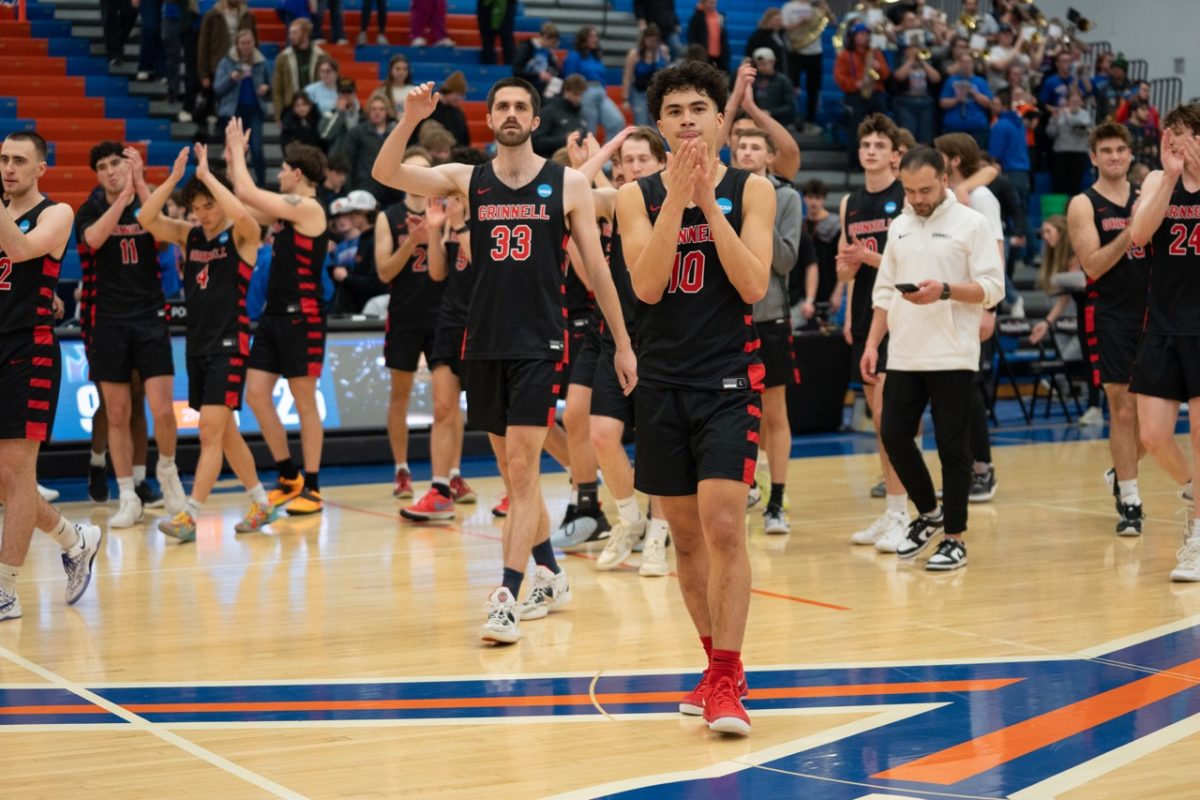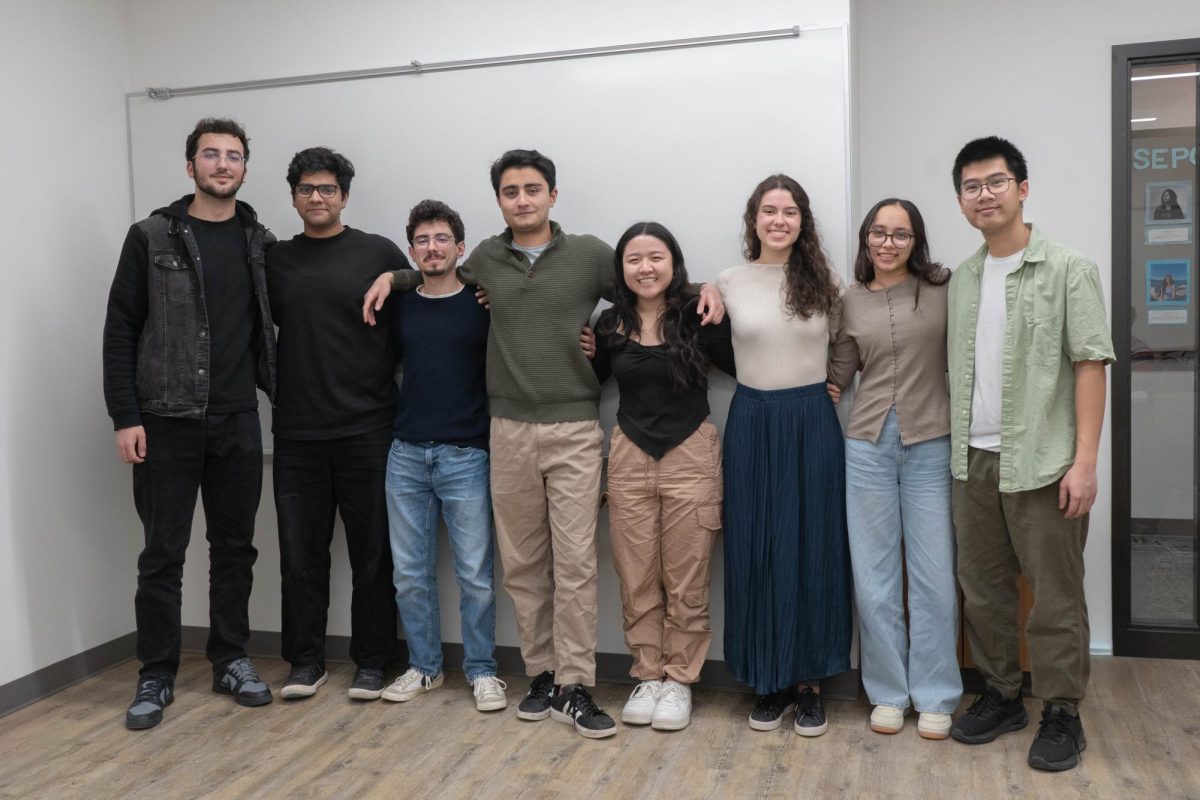In celebration of the progress Title IX has achieved in the last 41 years, the Rosenfield Program dedicated this past week to recognizing and reflecting on how this law continues to impact students today.
Title IX is a subsection of a general educational decree that legally prohibits sex discrimination. According to the U.S. Department of Education’s website, Title IX explicitly states: “No person in the United States shall, on the basis of sex, be excluded from participation in, be denied the benefits of, or be subjected to discrimination under any education program or activity receiving Federal financial assistance.”
This week’s symposium strived to address the various ways the concept of sexual discrimination presents itself in an academic setting. The weeklong program included discussions about different aspects of Title IX: the administrative level, enforcing and being cognizant of the rights Title IX accords, the incidence of sexual assault on campuses nationwide and the effect of Title IX on women’s athletics.
“We hope that this symposium helps raise awareness about Title IX as it relates to campuses, and that in part it will help enforce the legal requirements it entails,” said Sarah Purcell ’92, Director of the Rosenfield Program.
The week began with a documentary on Patsy Mink, the first woman of color and the first Asian-American woman to be elected to Congress. Mink fought sexism and was often treated as an outcast throughout her lifetime. Mink was one of the principal authors of Title IX and eventually the act was renamed the Patsy T. Mink Equal Opportunity in Education Act. The film highlighted the strides Title IX has helped create for women since Patsy Mink’s era. However, the symposium also challenged whether or not Title IX is being implemented on all campuses and whether or not there are loopholes to this decree.
Title IX is a very broad act, spanning over various forms of sexual discrimination. Thus, it is no surprise that one of the biggest impacts Title IX has had is over women’s athletics. Angela Ruggiero, one of the speakers at the symposium, pointed to the 500 percent increase in women in collegiate sports since Title IX passed. Ruggiero is among the women who benefited from Title IX. At age nine, she was cut from her hockey team for being a female, despite being one of the better players on the team.
“I could either quit or train and prove that I belonged. I decided that it was the second path I was going to take. Suddenly I had this intense desire to prove myself, after I was told I couldn’t because I was a girl,” Ruggiero said.
Ruggiero is a decorated athlete and leader. She has won four Olympic medals, is President of the Women’s Sports Foundation, is on the United States Olympic Committee Board and spearheads a girl’s hockey camp—not to mention that she turned down a job offer from Donald Trump.
“I still loved hockey when I had the job offer. It was the job of a lifetime—but it was in real estate,” Ruggiero said.
Grinnell’s own Wellness Director, Jen Jacobsen ’95, stated that most of the groundwork for Title IX had already been done by the time she attended Grinnell. However, she did notice a few differences between then and now.
“The quality of facilities for women’s softball, for example, used to be awful, and certainly their softball field is much more equitable to what the men have now,” Jacobsen said.
Ruggiero also agreed that there has been considerable progress made since Title IX passed.
“What makes me excited for the future is the current generation, where you see these little kids with t-shirts that say ‘girl power’ and they totally believe that—it’s wonderful. Whereas, when I was a kid, I was the odd one out because other girls didn’t really play sports. I’m excited that it’s normal for boys and girls to play sports,” Ruggiero said.
Ultimately, Title IX is a catalyst for various conversations that must continue to be had.
“I hope this symposium conveys how broad the conversation is about Title IX. It’s about equity in all aspects in education, of which sports is an important part, but not the end all be all,” Jacobsen said.
This week’s symposium has helped spark the conversation, and now it rests upon members of the Grinnell community to continue it.
